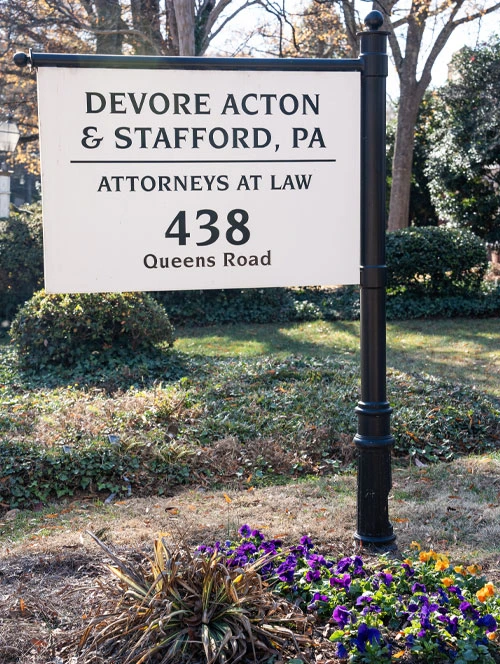4 dangers of nighttime driving and how to manage them

If driving after dark is something you avoid, then you’re not alone. Many North Carolinians avoid getting behind the wheel once the sun has set.
There are many reasons for this aversion. Understanding hazards and dangerous driving conditions may help you to become a more confident nighttime driver. Some common nighttime driving dangers include:
- Absence of natural light: Although street lights and headlights help to illuminate roadways, they are no substitutes for natural sunlight. A lack of sunlight can influence your peripheral vision, depth perception and central vision. This can make it difficult to judge the distance and speed of oncoming vehicles. Reduced light may make it more difficult for you to avoid colliding with pedestrians, animals, or other obstacles in the road.
- Age: A common part of aging is worsening eyesight and nighttime driving is no exception. Drivers over 50 years of age may find it especially hard to adjust to low light levels, as they are more prone to cataracts, glaucoma and other eye conditions. Any medications that a person takes can also affect their ability to drive in the dark.
- Lack of sleep: Whether you’re having a long day or working overnight, you are more susceptible to drowsy driving. Tired driving can reduce your reaction time and even cause you to lose control if you fall asleep at the wheel.
- Increased activity: You may have realized that the world doesn’t stop once the sun goes down. People like construction workers often work through the night and trust that drivers are watching out for them. Research also shows that more intoxicated drivers are on the road at night, especially on the weekends around bar close time.
Staying safe in the dark
While driving at night can be more hazardous, being aware of those risks can help you get ahead of them. For instance, avoiding distractions from your passengers, phone or the radio is always a good idea.
Obeying posted speed limits and driving only as fast as the road conditions allow can help you react quicker to a roadway obstacle at night. Of course, it’s always a good idea to repair faulty headlight bulbs or brakes on your vehicle that may decrease your ability to respond swiftly in a dangerous situation.
Driving at night is difficult for many people and while you may try to avoid the roads after sunset, doing so can be inevitable. Understanding the risks and how to respond to them before you get in your vehicle can help reduce your chances for an accident.

request your consultation
"*" indicates required fields



